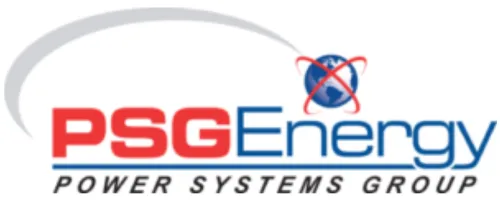Contact Us
PSG Energy is your strategic energy cost partner

Get in Touch
Contact Us
Reach out to us with any inquiries or collaborations. We're excited to embark on a content journey with you!

Reach out to us with any inquiries or collaborations. We're excited to embark on a content journey with you!